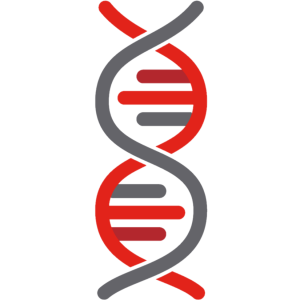10.5 Knowledge Check
Working memory is like a temporary sticky note in the brain, and people who learn and think differently often struggle with working memory. Short-term memory holds a limited amount of information that you process at one time, but it is temporary; long-term memory stores information by creating complex linkages that helps you recall important information at a later time. Moving information from short-term to long-term memory takes deliberate action on your part.
Reading and notetaking are major elements of college studying and learning. The expectations in college is that you read considerable amounts of text for each subject. You may encounter reading situations, such as professional journal articles and long textbook chapters, that are more difficult to understand than texts you have read previously. As you progress through your college courses, you can employ reading strategies to help you complete your college reading assignments.
Reflective Practice
- How does working memory work, exactly?
- What’s the difference between working and short-term memory?
- What obstacles exist to remembering?
- In what situations is it best to memorize, and what do you memorize?
- What are the pros and cons of online reading?
- How can distinguishing between reading types help you academically and personally?
- How can you best prepare to read for college?
- What methods can you incorporate into your routine to allow adequate time for reading?
- What are the benefits and approaches to active reading?
- Do your courses or major have specific reading requirements?
 Applying Your Knowledge
Applying Your Knowledge
Glossary
A planned, deliberate set of strategies to engage with text-based materials with the purpose of increasing your understanding.
How we first perceive information through our senses - sight, hearing, taste, touch and smell.
Hint at information without directly stating a fact for a variety of reasons.
To conclude responses to related challenges from evidence or from your own reasoning.
Where the brain stores information in case we need to use it in the future.
The process of storing and retrieving information
Original documents about which we write and study, such as letters between historic figures or the Declaration of Independence
Refers to being able to retrieve an image, feeling, or information so we can do something with it. This is what we call remembering.
Reading the passage more than once to detect the emphasis the writer places on one aspect of the topic or how frequently the writer dismisses a significant counterargument.
Made up of the information we are processing at any given time. Also called Active Memory
A first step to deep reading which allows you to take in the major points of a passage without the need for a time-consuming reading session that involves your active use of notations and annotations.
A type of short-term memory, but we use it when we are actively performing a task.

